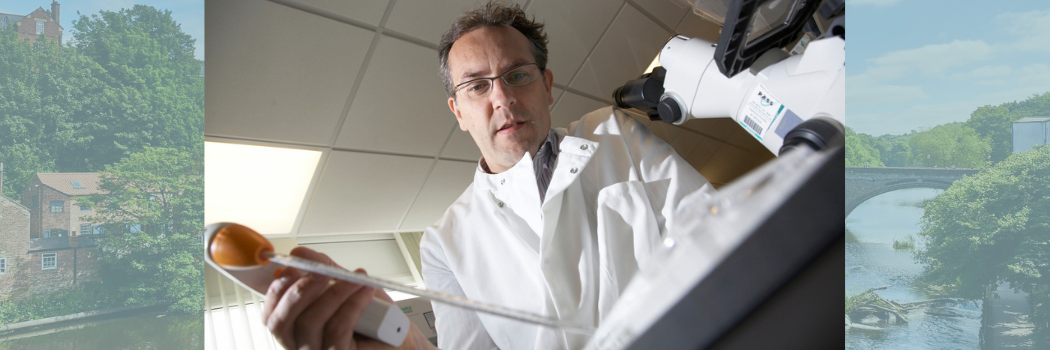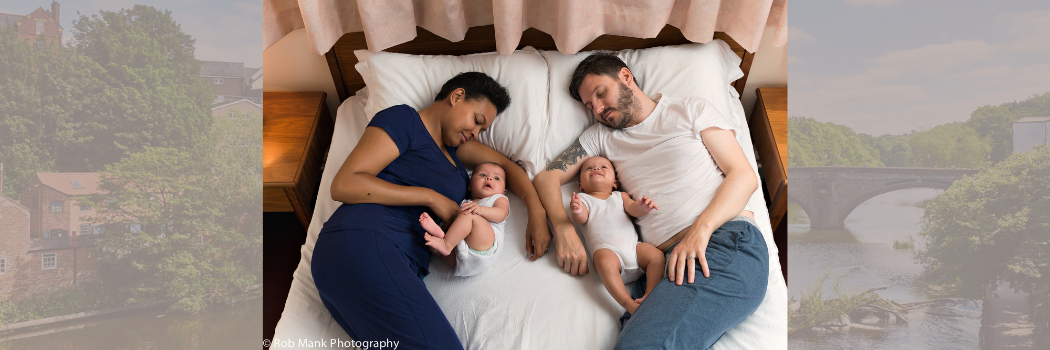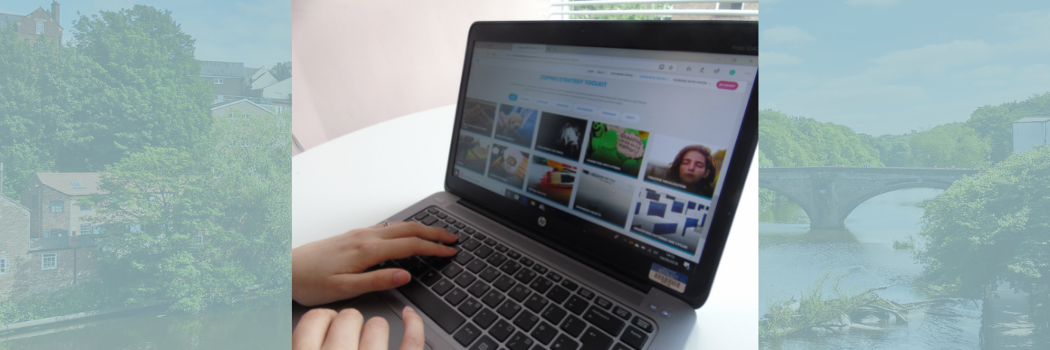Case Studies
Empowering youth voices in the Mediterranean
Our academics are tackling real-world situations and solving sensitive issues through their pioneering and impactful research.
Re-defining X-ray technology
Our mathematicians have worked with industry to achieve superior quality X-ray images to support better diagnosis of patients.
Supporting policing wellbeing through research
Police forces play an important role in society and are unique agencies in that they have exceptional powers.
Improving the identification of human remains
Our Department of Archaeology’s innovative research is helping the world’s forensic scientists to better identify human remains.
Making Durham a centre for Spanish art
From rediscovering lost paintings to organising exhibitions, supporting museums and securing thousands of pounds in funding, we’re helping turn Durham into a centre for Spanish art and cultural heritage.
Medieval Science - Modern Art
We’re leading the international research project ‘Ordered Universe’ bringing new perspectives to medieval science.
The project has worked with over 150 scholars in different fields of study from all over the world, from both humanities and natural sciences, and the team is sharing its research in new and interactive ways.
Inspiring cities to respond to climate change
We’re playing a pioneering role in helping cities respond to the challenges of climate change.
Professor Harriet Bulkeley, in our Department of Geography, looks at the role nature plays in urban sustainability and how cities are experimenting with nature to address climate change.
This includes innovative ways of introducing more plants and trees into towns and cities to capture carbon dioxide and improve well-being.
Rethinking value creation for sustainable business
Research by Carol Adams, Professor of Accounting in our Business School, has looked at the need to rethink value and the way companies generate wealth through economic activity.
Her work emphasises how integrating sustainable development into corporate reporting can lead to greater overall value creation for the organisation, society and the environment.
3D cell tech improves drug testing and reduces animal research
Our award-winning bioscientists have developed innovative 3D cell culture technology so scientists can grow realistic human tissues for more effective drug testing while reducing the need for animal research.
Alvetex® is a highly porous polystyrene scaffold designed to support the growth of human tissues from cells cultured in the laboratory – such as skin and intestinal tissue - that closely resemble those found in the body.
Bringing the music of great composers back to life
Our extraordinary music research has helped to bring back the forgotten music of two great classical composers to modern audiences.
Sir Charles Villiers Stanford and Sir Hubert Parry were major figures of the British musical world in the late nineteenth and early twentieth centuries.
Some of their works had been lost to time, but Professor Jeremy Dibble in our Department of Music, has used his research to give them new life.
Pioneering research in infant sleep safety
Our Anthropologists have revolutionised research into infant sleep safety and helped reduce rates of Sudden Infant Death Syndrome (SIDS).
The evidence-based advice they have provided to health professionals and parents has made a global impact, including in the official infant sleep safety guidance in the UK.
Their research has substantially influenced the policy around co-sleeping national guidelines on infant sleep safety by demonstrating the close link to bed-sharing and breastfeeding.
Supporting voice-hearers and changing perceptions
We’re changing the way people think about voice-hearing.
Up to one in ten people hear voices no-one else can and one in 50 hear voices on a regular basis.
It’s an experience commonly associated with distress, mental illness, and shame linked to social stigma.


/prod01/prodbucket01/media/durham-university/external-location-photography-/city-shots-/82922-1920X290.jpg)

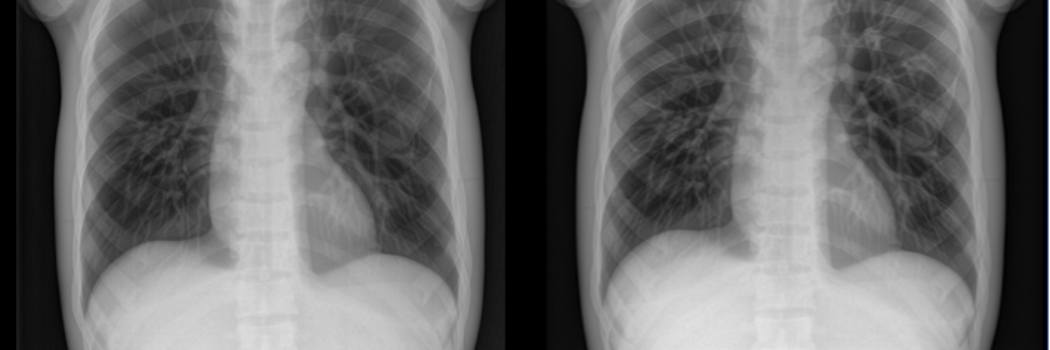

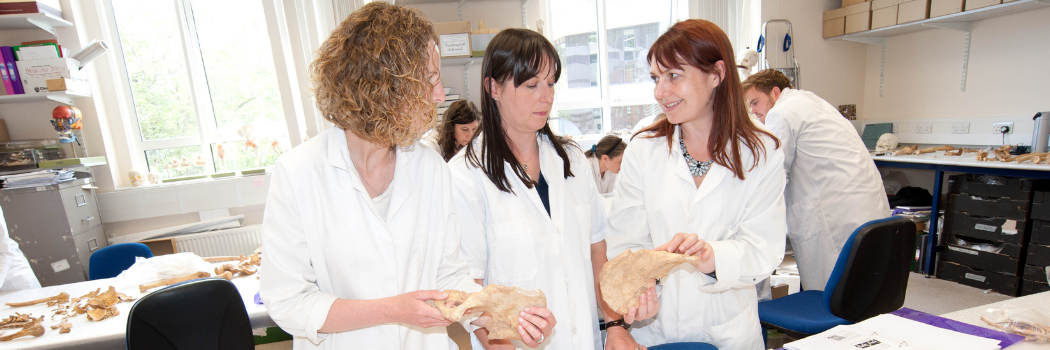

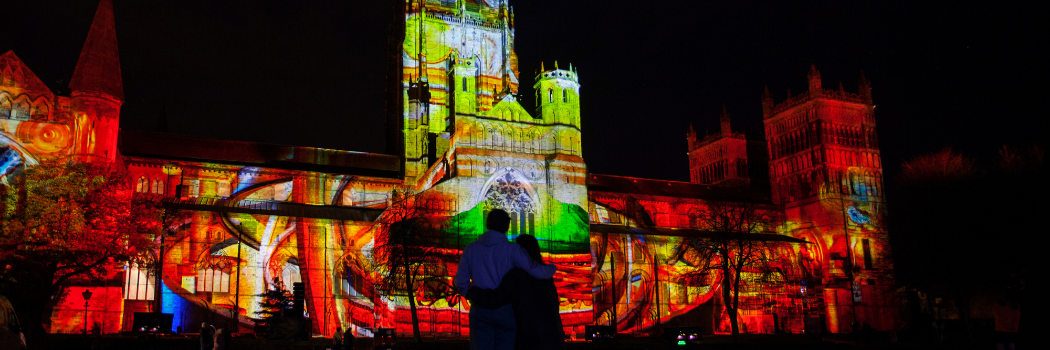

.png)
